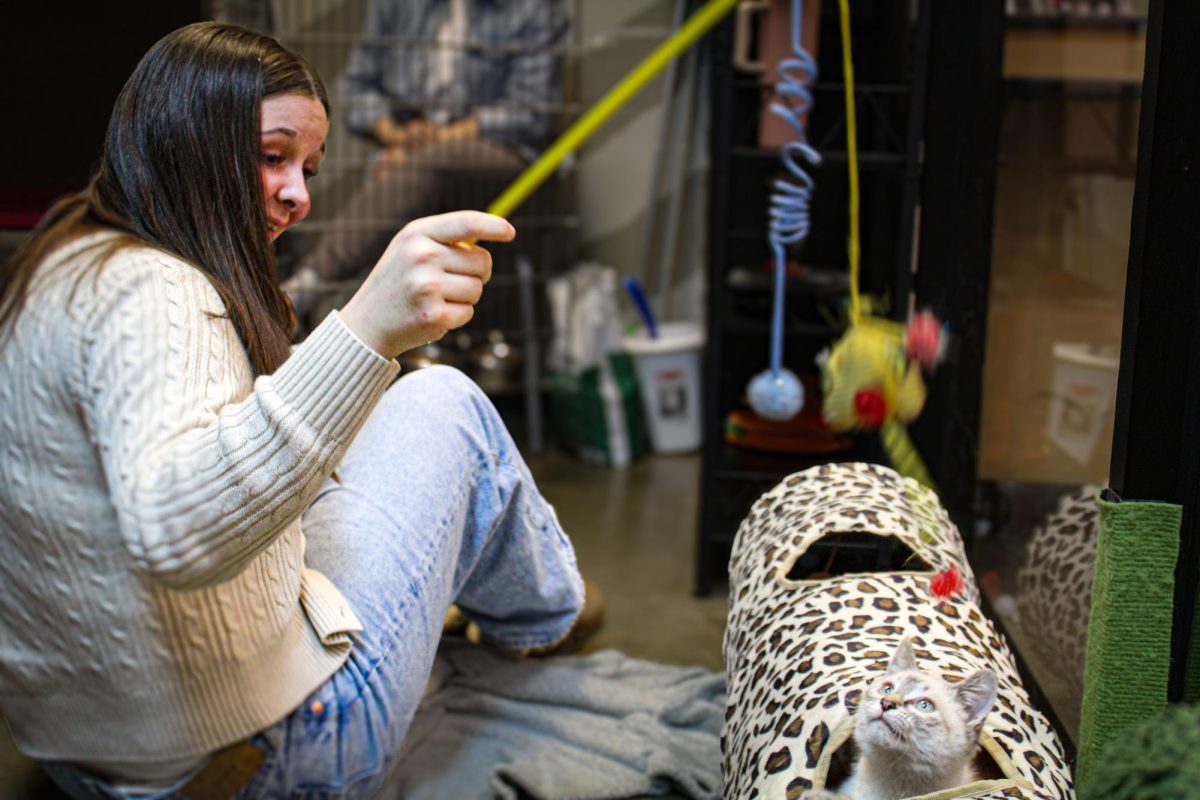Take a much needed break
Jun 10, 2023
In a world where academic and professional success is often equated with a continuous, linear path of academic growth, taking a gap year before going to college might seem counterintuitive. However, our fast-paced world creates stress that taking a gap year can help ease. Gap years offer a chance to explore new horizons and return with a renewed sense of purpose.
No matter what students choose to do with them, gap years offer a myriad of benefits. Individuals can explore beyond the confines of a traditional educational setting. It allows young people to step out of their comfort zones and embark on adventures such as volunteering, interning or traveling. These experiences foster independence, resilience and adaptability. They also help individuals figure out their career paths or the fields they wish to pursue. The firsthand exposure offered by such opportunities helps them understand the realities of different professions so that they can align their aspirations with their passions.
According to the Milkround Graduate Recruitment Gap Year Survey, a remarkable 88% of gap year graduates said that their gap year significantly enhanced their employability, as many employers value the “soft skills” that reflect communication style, work ethic and work style acquired through opportunities and programs taken during a gap year.
By venturing outside their comfort zones and remaining productive during a year away from structured academics, individuals demonstrate their motivation, dedication and ability to initiate and pursue meaningful endeavors. Furthermore, a gap year offers a valuable opportunity to gather experiences that can elevate college applications. The experiences an applicant gathers during the gap year and their ability to draw meaningful connections from them can impress admissions committees. Volunteering, interning or learning new skills enriches an applicant’s profile while also contributing to their personal growth.
However, self-development isn’t the only benefit of gap years. Gap years also serve as potential solutions to the concerning state of mental health in America’s students. According to the American Psychological Association, one-third of college students in the U.S. struggle to function due to depression and nearly half experience an overwhelming sense of anxiety. By taking time away from the academic pressures and responsibilities, a gap year provides a much-needed break for self-reflection and rejuvenation; reducing the risk of burnout.
Ultimately, the value of a gap year depends on how you choose to use it. A gap year isn’t taking a year off, it’s a year on. It’s a year of doing, moving, thinking, planning and taking advantage of the moment. Don’t think of a gap year as an alternative to starting college; it’s an experience that can prepare you for college. You build a sense of self-awareness and independence — valuable skills for anything you choose to do in life.










